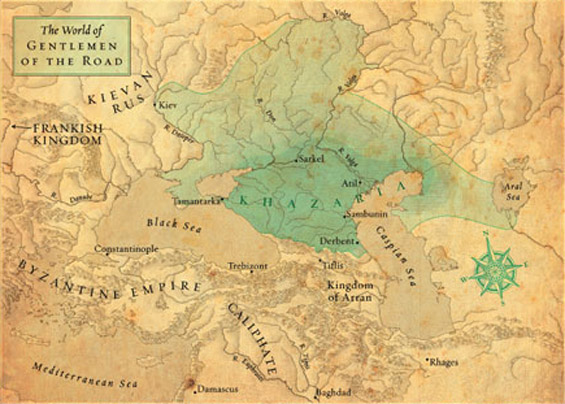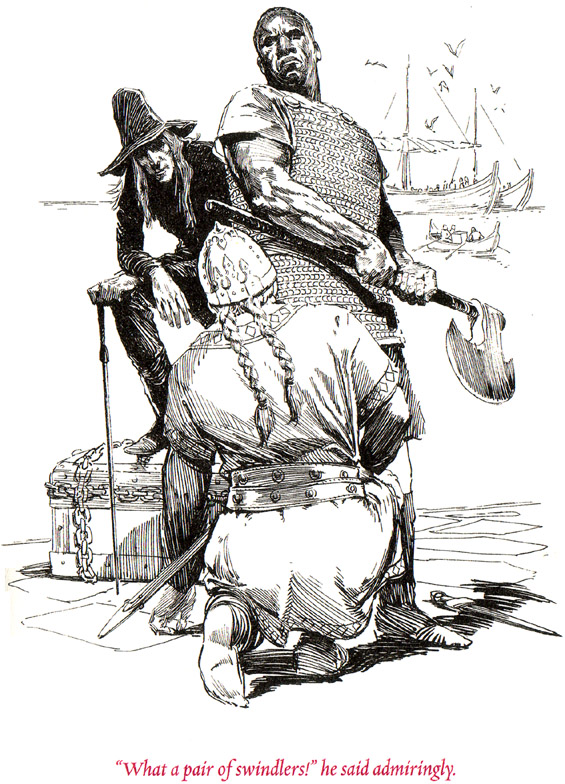
 The God Engines
The God Engines
By John Scalzi; Read by Christopher Lane
3 CDs – Approx. 3 Hours 15 Minutes [UNABRIDGED]
Publisher: Brilliance Audio
Published: December 2010
ISBN: 9781441890795
Themes: / Science Fiction / Fantasy / Religion / Galactic Civilization / Space Travel / War /
Captain Ean Tephe is a man of faith, whose allegiance to his lord and to his ship is uncontested. The Bishopry Militant knows this — and so, when it needs a ship and crew to undertake a secret, sacred mission to a hidden land, Tephe is the captain to whom the task is given. Tephe knows from the start that his mission will be a test of his skill as a leader of men and as a devout follower of his god. It’s what he doesn’t know that matters: to what ends his faith and his ship will ultimately be put — and that the tests he will face will come not only from his god and the Bishopry Militant, but from another, more malevolent source entirely… Author John Scalzi has ascended to the top ranks of modern science fiction with the best-selling, Hugo-nominated novels Old Man’s War and Zoe’s Tale. Now he tries his hand at fantasy, with a dark and different novella that takes your expectations of what fantasy is and does, and sends them tumbling. Say your prayers… and behold The God Engines.
The God Engines is the strongest John Scalzi audiobook since Old Man’s War |READ OUR REVIEW|. It provokes thought, flies off in an unexpected direction and doesn’t overstay its welcome. The setting is in an unnamed galaxy, at an unknown time. But space travel, interstellar communication, and bodily healing aren’t technological developments. Instead, they are derived from a rigorous faith in actual, existing gods! These gods are so real, so embodied, that there is one in the center of each starship. It lies their enslaved, guarded and harnessed so as to achieve the ends to which they are put. Command over these powerful beings is achieved by a combination of torture and reward. Their masters are human beings, members of a religion with their own completely manifested god. Their purpose is to war with other religions, enslave new gods and bring more human beings to the worship of their own god. It is an unending holy war, in a fully realized universe, and it works.
I like to see the examination of an interesting idea, without an endless parade of pointless activity to dilute its core of goodness. We have that in this book. There’s something very neat about the running of what is essentially the starship Enterprise on faith. To hear that an officer is changing his prayers to adjust what’s showing up on the viewscreen – that’s something definitely worth seeing. Scalzi’s universe is run on prayer, faith, and relgious belief. It’s a kind of realization of what religions always claim, but shown to be actually functioning in a replicable manner. It’s theology as physics. The whole story feels like it comes from the same place J. Michael Straczynski’s Babylon 5 came from. Where Arthur C. Clarke’s Childhood’s End came from. There’s an indisputable space opera with Lovecraft vibe to it, but unlike so much space opera, the thinking just isn’t mushy and placative. In fact, there was nary a moment where I wasn’t completely engaged with this made up Fantasy/SF tale. The storytelling is expertly intertwined with a careful exposition of the universe’s rules. This works to fully enrich the ideation without coming off as merely a writer going through a checklist. I’d love to see Scalzi, or any other SF writer, write a dozen more books just like this – take a break from the series universe, and write some more idea based SF. Take a simple little premise or vignette, throw in a few characters and have them explore the concomitant interestingness of that idea. The God Engines does exactly that. It shows, very simply what SF storytelling is supposed to look like. This audiobook stands well, on its own, though I could easily imagine it as one half of an old Ace Double. This is very good work. Well done Mr. Scalzi.
Narrator Christopher Lane has about five major characters to play with. The captain is commanding and thoughtful. The second in command is calm and loyal. The ship’s high priest (who also acts as a kind of political commissar) is jealous but clever. The one female role, a rook (which is kind of a cross between a ship’s whore and a priestess), is wise and womanly. But it’s the unnamed god’s voice that is the real standout. Lane’s god is tortured, twisted and devious. It is a very precise performance, one that allows for the sympathy Scalzi was aiming at. The art for the cover comes from Vincent Chong‘s illustration of the Subterranean Press edition.
Posted by Jesse Willis


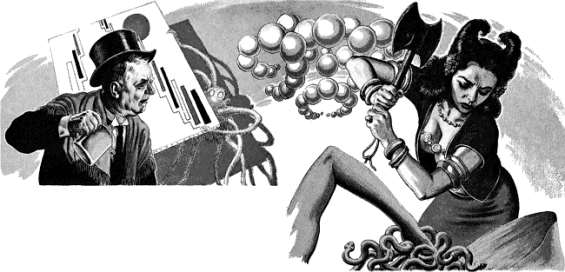
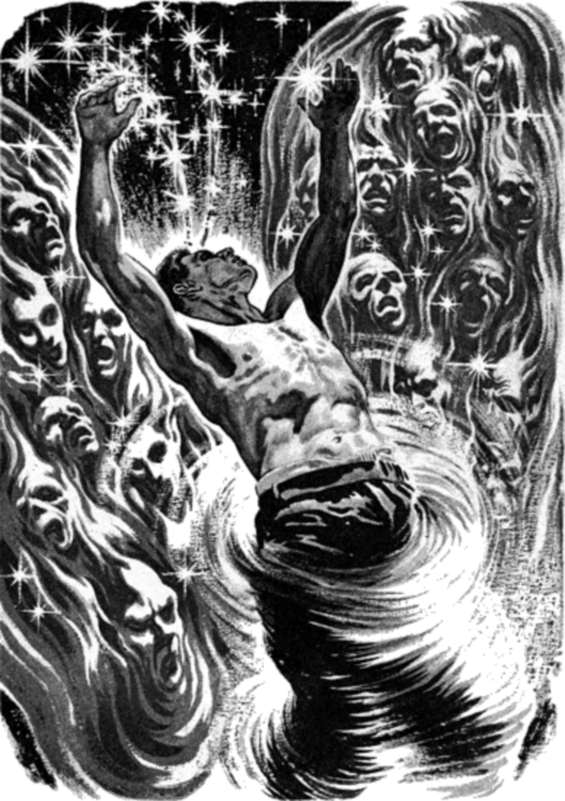


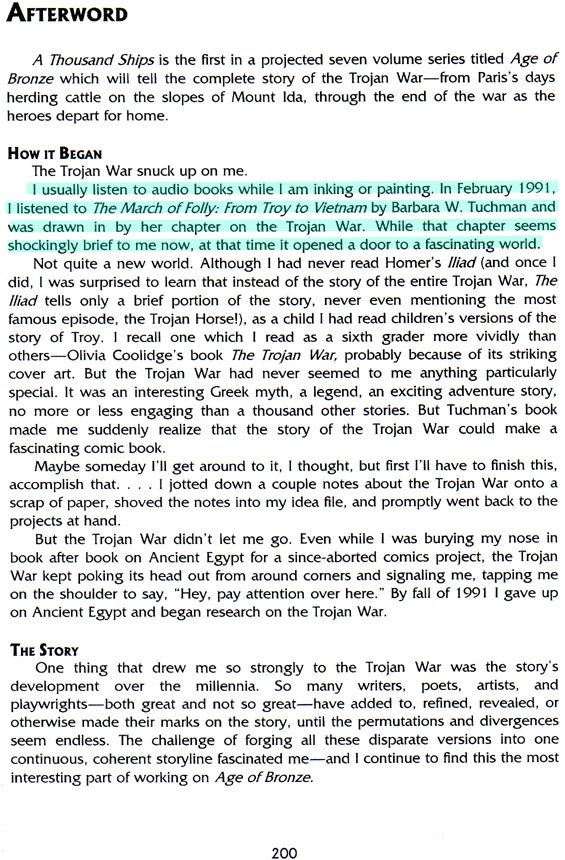
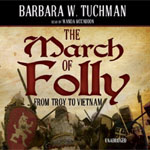

 The Iron Heel, one of the books from our
The Iron Heel, one of the books from our 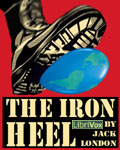

 Armor
Armor
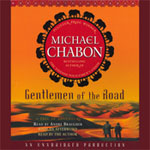 Gentlemen Of The Road: A Tale Of Adventure
Gentlemen Of The Road: A Tale Of Adventure